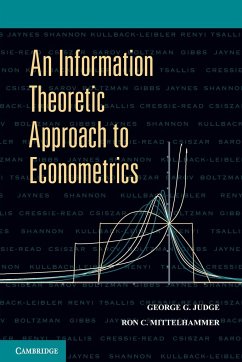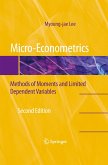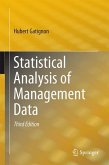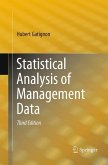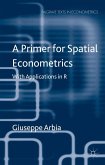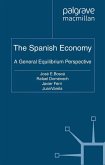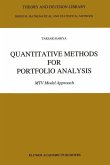This book is intended to provide the reader with a firm conceptual and empirical understanding of basic information-theoretic econometric models and methods. Because most data are observational, practitioners work with indirect noisy observations and ill-posed econometric models in the form of stochastic inverse problems. Consequently, traditional econometric methods in many cases are not applicable for answering many of the quantitative questions that analysts wish to ask. After initial chapters deal with parametric and semiparametric linear probability models, the focus turns to solving nonparametric stochastic inverse problems. In succeeding chapters, a family of power divergence measure-likelihood functions are introduced for a range of traditional and nontraditional econometric-model problems. Finally, within either an empirical maximum likelihood or loss context, Ron C. Mittelhammer and George G. Judge suggest a basis for choosing a member of the divergence family. Most econometric books do not recognize the ill-posed inverse nature of their econometric models and the indirect noisy characteristics of their sample data. This book focuses on these problems and provides a basis for dealing with estimation and inference issues that typically arise in a range of traditional and nontraditional econometric models.
'Taking us beyond traditional econometric estimation and inference, this landmark text leads us carefully through the modern literature on empirical likelihood methods to an extremely compelling new methodology. The authors present a clear and compelling case for recognizing econometric problems for what they really are - namely, ill-posed noisy inverse problems. By showing how very general information-theoretic methods can be used in a natural way to solve such problems, Judge and Mittelhammer break new ground and set a new standard for the econometric community.' David Giles, University of Victoria, Canada

